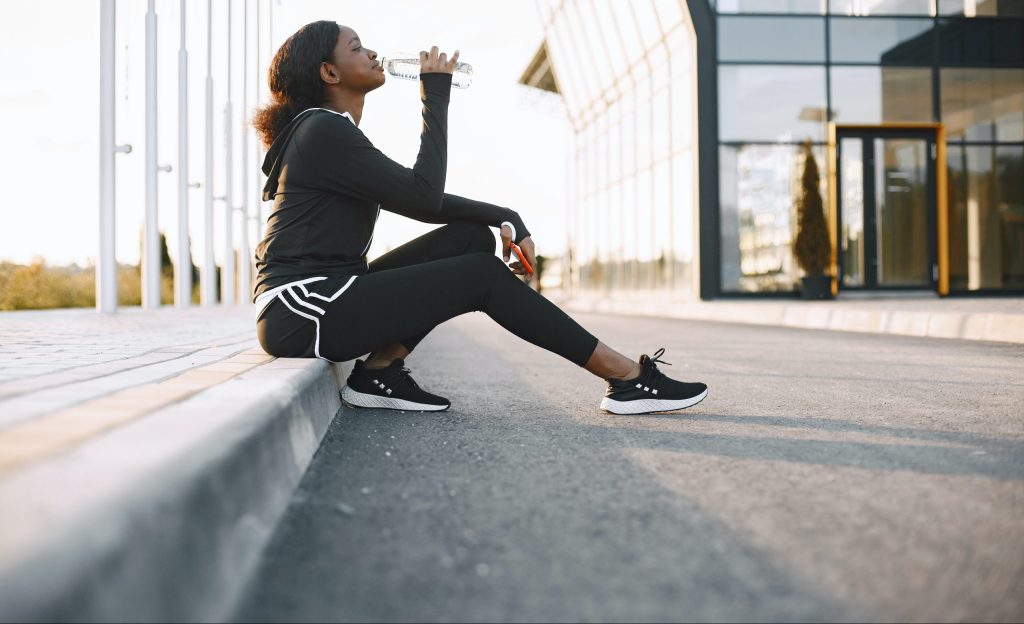Cellulite is a problem all women face. It’s a concern, and a reason for insecurity for a lot of women. But have you wondered – can skinny women have it? how about men? what is it? and the most frequently asked question – can I make it disappear? Well, we have good and bad news – you can’t make it disappear, but you can reduce it!
What is cellulite
Cellulite is structural changes in the subcutaneous layer, leading to impaired microcirculation and lymphatic outflow. Put simply, these are pits and irregularities that spoil the aesthetic appearance of the skin. The fact of the matter is, 90% of women have cellulite, no matter if they’re overweight, fit, or skinny, everyone can have it. However, some women have thicker skin, and cellulite is not as visible on their skin. On the other hand, when it comes to men, only about 10% of them have cellulite.
It’s a common misconception that losing weight can help you get rid of cellulite, but sadly, that isn’t true, here are three things that can actually help you reduce or improve the appearance of cellulite:
Nutrition and hydration
Hydration and proper nutrition can help minimize and fight cellulite cellulite. Drink plenty of water, exercise daily, or be active daily in any way you enjoy. Try to avoid sugary drinks, fast food, and smoking. In fact, both skipping meals, and overeating, won’t help you with cellulite, so, try improving your relationship with food!
Some of the best foods to eat for fighting cellulite are: watermelon, flaxseeds, nuts and bell peppers Try practicing a healthy lifestyle, and eating balanced meals for the best results.
Exercise and active life
Exercise is sadly not a miraculous solution for getting rid of cellulite. Training and exercise alone, will not help your cellulite disappear, but staying active and exercising, in combination of proper nutrition, is the key to minimize it! Building and Firming the muscle underneath the cellulite will help smooth the skin’s appearance, and make your cellulite less visible. Losing a bit of fat might help too, but this affects every person and each body differently. When it comes to exercise, what you need to do is focus on strength training and exercises that target the hamstrings, quads, buttocks and hips. Try to train your lower body multiple times a week, and use progressive overload to challenge your muscles! Don’t forget to stay as active as possible, take long walks, run, or do anything else that will keep you outside!
Targeted massage
Cellulite massage involves deep tissue massage, lymphatic drainage, and myofascial release techniques to help break up the fat deposits and smooth out the skin. The massage therapist uses firm pressure and long strokes to manipulate the skin and underlying tissues. Simply put, they stretch the skin tissues, redistribute fat cells, improve circulation and lymphatic drainage as well, which reduce the appearance of cellulite. A few massages will not get rid of your cellulite permanently. Repeated treatments and massages are necessary to reduce cellulite. You can use foam rollers, handheld massagers, and try Endermologie massage at home, or you can visit a massage therapist.
Cellulite is a manageable problem, but even if you can’t reduce it, slowly learn to accept it! Cellulite is normal and every woman has it, it doesn’t make you ugly, unwanted or less attractive.


